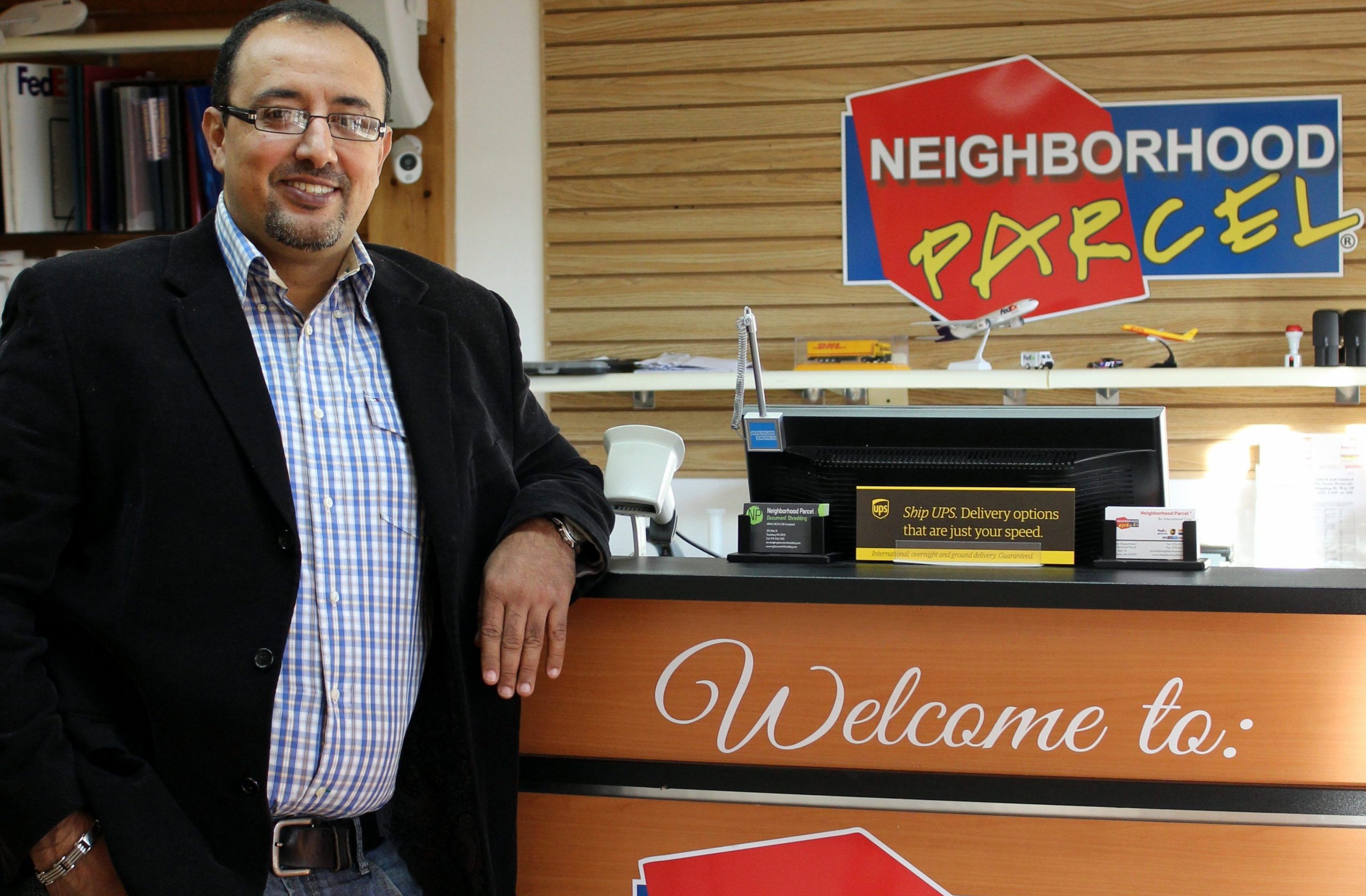Nestled along the banks of the Merrimack River, the city of Lowell, Massachusetts, is a jewel filled with history, vibrant business activities, and a diverse population. Once a bustling hub during the Industrial Revolution, today, Lowell stands as a testament to resilience, community spirit, and innovation.
A Glimpse into History
Lowell’s rich history dates back to the early 19th century, when it gained prominence as a booming textile town. It was designed as a manufacturing center and played a pivotal role in America’s industrial history. The city’s myriad of mills showcased America’s ingenuity and entrepreneurial spirit, leading to Lowell being known as the ‘Cradle of the American Industrial Revolution.’ The historic mills and buildings, many of which have been preserved, serve as enduring reminders of the city’s industrious past. Lowell’s roots in American industrial history are deep, and it’s renowned for being one of the earliest planned industrial cities. The city came into prominence in the early 19th century, primarily driven by the textile industry. Named after Francis Cabot Lowell, a visionary entrepreneur who played a pivotal role in the Industrial Revolution, the city became a powerhouse of manufacturing and innovation.
- The Textile Hub: Francis Cabot Lowell brought the design for power looms from the United Kingdom, leading to the establishment of multiple textile mills in the city. The mills in Lowell were unique for their time, housing thousands of power looms under one roof and fostering the mass production of textiles. The city became synonymous with the textile industry, producing a significant portion of the country’s textiles.
- The Lowell System: What also set Lowell apart was its employment system, famously known as the “Lowell System.”. This model was characterized by the recruitment of young, unmarried women, often referred to as “Lowell Mill Girls,” who were provided with boarding, educational opportunities, and a chance to earn wages. This system was seen as an improvement over the harsh working conditions prevalent in other industrial centers and was replicated in other mill towns.
- Cultural & Social Development: The city wasn’t just an industrial hub; it was a center of cultural and social development as well. The workforce, especially the mill girls, were encouraged to engage in learning and participate in creating literary content. The city saw the emergence of various literary magazines, libraries, and lecture halls, fostering an environment of intellectual growth alongside industrial advancements.
- Diverse Migration: Lowell’s booming industry attracted a diverse group of immigrants. Irish, Greeks, Polish, Portuguese, and many other ethnic groups migrated to Lowell in search of employment opportunities in the mills, contributing to the city’s diverse demographic fabric. The influx of different cultures shaped Lowell’s social, cultural, and culinary landscape, making it a melting pot of traditions and customs.
- Transition & Preservation: As the 20th century dawned, the textile industry in Lowell began to decline, facing competition from the Southern States and impacts from the Great Depression. However, the city adapted to the changing economic landscape by diversifying its industrial base and focusing on preserving its rich history. The creation of Lowell National Historical Park in 1978 marked a significant step in preserving the city’s industrial heritage, showcasing its historical mills and canals.
- Educational Evolution: Lowell also transformed itself into an educational hub, with the establishment of institutions like the University of Massachusetts Lowell, which continues to attract students globally and contribute to research and innovation. The city’s commitment to education reflects its enduring spirit of growth and development.
Lowell, Massachusetts, stands as a city of historical marvel, reflecting the ingenious spirit of the early industrial era and the rich cultural tapestry woven by its diverse populace. Its industrial history, the innovative Lowell System, the cultural richness brought by diverse migration, and its ongoing commitment to preservation and education, all narrate the tale of a city that has embraced its past and is steering towards a future of inclusivity and progress. The echoes of the looms may have faded, but the legacy of Lowell as a city of industry, innovation, and diversity continues to resonate. This additional historical elaboration, combined with the previously provided content, should provide a comprehensive overview of Lowell’s rich history and its journey through the centuries.

Business Landscape
Fast-forward to the present day, Lowell has evolved into a dynamic business center, fostering a diverse range of industries from technology to healthcare. The city’s pro-business environment and strategic location make it an attractive destination for startups and established enterprises alike. Small businesses, in particular, find a supportive ecosystem, allowing them to thrive and contribute to the local economy. Among these valued community members is Neighborhood Parcel, a reputable courier and shipping service provider. Neighborhood Parcel has been instrumental in helping Lowell’s immigrant population stay connected with their loved ones by offering safe and reliable international shipping through its robust UPS and FedEx delivery network. It stands as a beacon of support, understanding the significance of maintaining familial ties across borders.
Diverse Population
The essence of Lowell lies in its diverse and vibrant population. The city is a melting pot of cultures, hosting a myriad of ethnicities, traditions, and languages. It is home to a considerable immigrant population, each bringing a wealth of cultural richness, making Lowell a colorful tapestry of human experiences and stories. The diversity is reflected in the plethora of ethnic restaurants, cultural festivals, and community events that Lowell proudly hosts throughout the year.
Educational Hub
Lowell is not just a center of business and diversity; it’s also a hub of education. With institutions like the University of Massachusetts Lowell, the city attracts students from across the globe, further enhancing its multicultural fabric. The educational institutions in Lowell are committed to fostering learning, research, and innovation, contributing to the city’s intellectual capital.
Community Spirit
The sense of community in Lowell is palpable. Residents, local businesses, and organizations work hand-in-hand to create an inclusive and welcoming environment. Neighborhood initiatives, community outreach programs, and volunteer activities are ingrained in the city’s ethos. Neighborhood Parcel, with its array of services, including document shredding and international shipping, reinforces this community spirit by offering solutions that are integral to the daily lives of Lowell’s residents.
Embracing Change and Growth
Lowell continues to embrace change, balancing modernity with its historical roots. The city’s ongoing development projects aim to enhance urban living, improve infrastructure, and attract investments. The revitalization efforts in downtown Lowell and the preservation of its historic sites exemplify the city’s commitment to progress while honoring its heritage.
Inclusive Future
Lowell’s trajectory is set toward an inclusive and prosperous future. Its diverse populace, innovative business landscape, and rich cultural heritage are the driving forces behind its resilience and continual growth. The city’s endeavors to provide equitable opportunities and foster community well-being are reflective of its inclusive vision.
In conclusion, Lowell, Massachusetts, is a city of historical significance, entrepreneurial vigor, and cultural diversity. Its commitment to community development, education, and inclusivity makes it a remarkable place to live, work, and learn. Neighborhood Parcel’s contributions to the community underscore the collaborative spirit that defines Lowell, providing essential services that resonate with the city’s diverse needs. The unfolding chapters of Lowell’s story are bound to be filled with sustained growth, cultural enrichment, and an enduring sense of community togetherness.
Neighborhood Parcel: A Community Pillar
Neighborhood Parcel’s role in this diverse and evolving city is noteworthy. It extends beyond being a service provider; it’s a community pillar. The services it renders, especially to the immigrant population, symbolize unity and connectivity, reinforcing the bonds that make Lowell a city of united, diverse voices. In every interaction and every service provided, Neighborhood Parcel exemplifies the essence of Lowell—a city that values its roots, embraces its diversity, and looks forward to a future filled with promise and potential.

